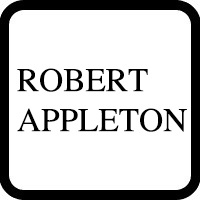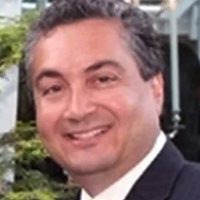New York White Collar Crime Lawyer, New York
Sponsored Law Firm
-
 x
x

Click For More Info:
-
Law Offices Of George Vomvolakis
275 Madison Avenue Floor 35 New York, NY 10016» view mapCriminal Defense Law Defending New York City Night And Day
We believe in personal attention for each and every client as we understand the anxiety and fear facing criminal charges may cause.
800-824-0380
Robert Michael Appleton
✓ VERIFIEDInternational, Criminal, Government, White Collar Crime, RICO Act
Robert M. Appleton is a world renowned and internationally recognized cross border litigation attorney focused on assisting global, foreign and US co... (more)
Nicholas Gregory Kaizer
✓ VERIFIEDFelony, Federal, White Collar Crime
Nicholas Kaizer is a nationally -recognized expert in criminal defense, who has appeared in numerous courts around the country. He has lectured attorn... (more)
Alfredo F Mendez
Mental Health, White Collar Crime, Criminal, Business Organization
Status: In Good Standing
FREE CONSULTATION
CONTACTHarlan J. Protass
Litigation, White Collar Crime, RICO Act, Criminal
Status: In Good Standing Licensed: 28 Years
Wilson Antonio LaFaurie
White Collar Crime, Felony, DUI-DWI, Criminal
Status: In Good Standing Licensed: 29 Years
FREE CONSULTATION
CONTACT George Vomvolakis New York, NY
George Vomvolakis New York, NY Practice AreasExpertise
Practice AreasExpertise


